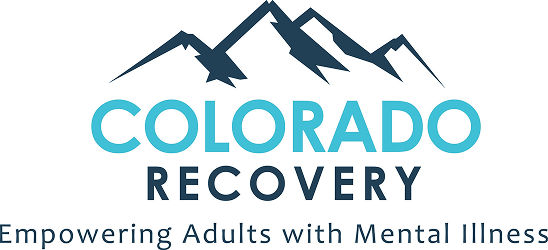Colorado Recovery is now partnering with The Raleigh House.
Please call 720.806.6682 for all admissions inquiries.
For Medical Records or related inquiries, please contact Terry Stiven directly at: tstiven8863@gmail.com
Visit TheRaleighHouse.com for more information.


